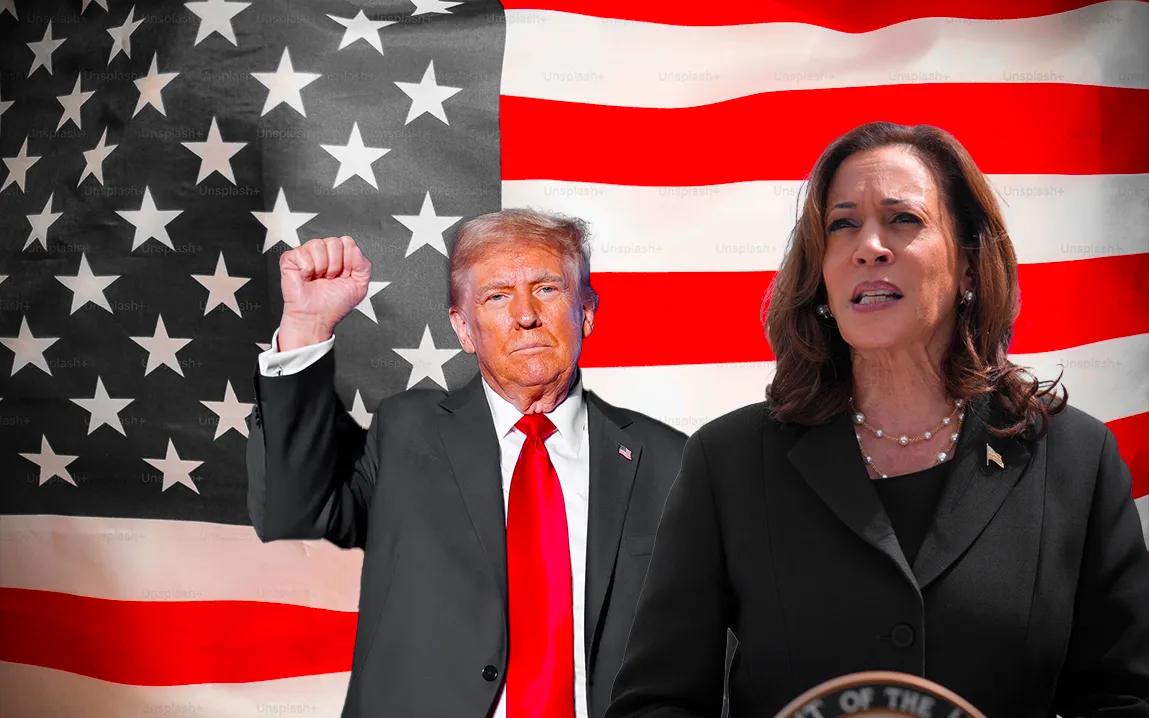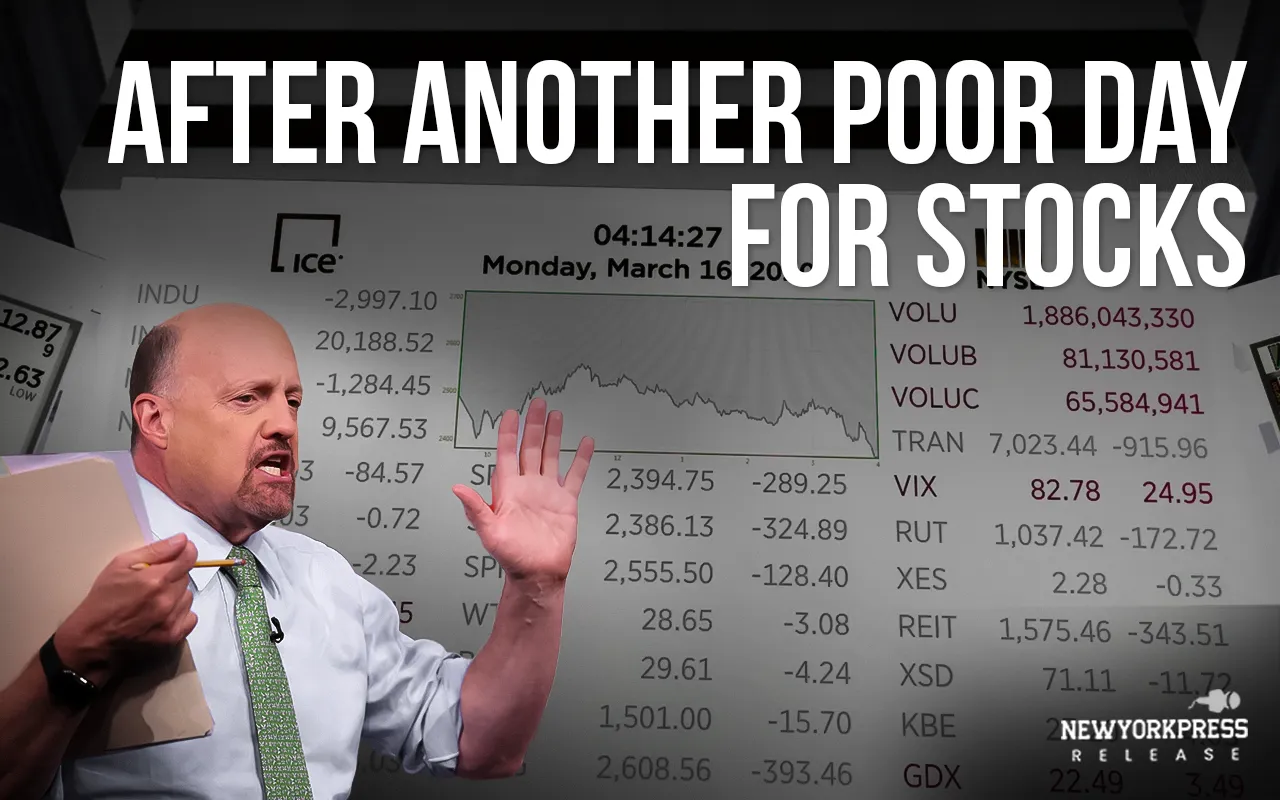The IMF has yet to view adequate banks pulling back on lending that would impact the U.S. Federal Reserve’s decision to modify its path with its rate-hiking cycle.
“We don’t yet see a significant slowdown in lending. There is some, but not on the scale that would lead to the Fed stepping back,” the IMF’s Managing Director, Kristalina Georgieva, in Dubrovnik, Croatia said to CNBC’s Karen Tso on Saturday.
In a May report, the Federal Reserve warned that lenders fear upcoming conditions since problems in financial institutions in the U.S. led to banks tightening their lending standards for households and businesses.
The Fed’s loan officers further stated that they expect the problems to persist for the coming year because of declining growth predictions, worries over deposit overflows, and lowered risk tolerance.
Georgieva told CNBC: “I cannot stress enough that we are in an exceptionally uncertain environment. Therefore pay attention to trends and be agile, adjusting — should the trends change.”
The IMF’s remarks on the rate of a worldwide lending slowdown follow its Chief Economist Pierre-Olivier Gourinchas’ April statement to CNBC that banks are currently in a “more precarious situation,” endangering the organization’s prediction of 2.8% global GDP for this year.
Most of the major central banks, including the U.S. Federal Reserve has tightened monetary policy aggressively to control the growing recession. According to the Institute of International Finance, the world’s global debt has reached a near-record high of $305 trillion. The IIF mentioned in its May report that high debt levels and interest rates have caused additional worries about leverage in the financial systems.
‘A little bit more’
A substantial slowdown in lending is not yet visible to the IMF, which would encourage the Fed to change its policies. Georgieva stated that with the strong U.S. job report on Friday, it could rise even more.
“The pressure that comes from incomes going up and in unemployment being still very, very low, means that the Fed will have to stay the course and perhaps in our view, they may need to do a little bit more,” she mentioned.
She predicted the U.S. unemployment rate to go above 4% and reach 4.5% from further hikes by the Fed after the rate increase to 3.7% in May, making it the highest after October 2022.
She stated that the United States passed a debt ceiling bill over the weekend, which was signed by President Joe Biden, and that “what has been agreed, in the context [that] it was agreed, is broadly speaking, a good outcome.”
She went on to say, “Where the problem lies is that repetitive debate around the debt ceiling, in our view, is not very helpful. There is space to rethink how to go about it.”




